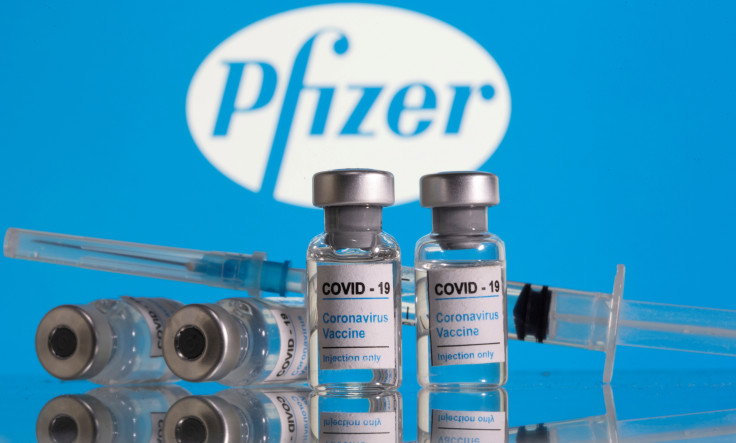Is Pfizer in danger of fallout after the COVID-19 pandemic?
Despite the pharmaceutical company's COVID-19 vaccine which saved millions of lives, the company could now be in danger of collapse in subsequent years.

Between 2020 and 2022, the COVID-19 pandemic resulted in the loss and financial decline of countless businesses from theatres and hospitality sectors around the globe.
However, one of the few major businesses that fundamentally skyrocketed in volume and revenue, and understandably so, was the American pharmaceutical, Pfizer, primarily due to the company's highly successful vaccine rollouts.
Considering the fact that the company's revenues were on a slow decline prior to the pandemic, only last year, Pfizer's revenue had reached a whopping total of $100 billion – not only a company high, but also a 23 per cent increase when compared with 2021.
In fact, according to a modelling study conducted by the UK's Imperial College London, it is estimated that approximately 20 million deaths worldwide were prevented by vaccinations.
However, despite the lives saved attributed to their undeniable success, it is also inevitable that Pfizer will not be able to survive on its pandemic profits for the foreseeable future.
The company's second-quarter revenues for 2023 are slightly lower than what was projected.
Revenue for the second quarter totalled $12.7 billion, whilst company analysts expected a number that exceeded that of $13 billion.
Additionally, records show that sales for both Comirnaty and Paxlovid vaccinations are down by a startling 83 per cent and 98 per cent, respectively, when compared to the figures in the second quarter of 2022.
On top of this decline in profits, it is expected that the company will take a considerable financial hit due to tornado damage to the Rocky Mount plant in North Carolina, which is currently being lashed by a catastrophic Category 4 hurricane.
It is patently obvious that the world is now rapidly moving on from the unnerving days of social distancing and face masks, and it's fair to say that opinions of Pfizer are changing in retrospect.
Back in May 2023, Pfizer received an open letter from Poland's Health Minister, Adam Niedzielski, urging the company to rethink their vaccine contracts, essentially due to the Russian conflict with Ukraine, high energy costs and rising inflation.
Because of the declining demand for COVID-19 products, Pfizer still requested payment for the number of doses that would go unused, or be disposed of due to their limited shelf life.
Conversely, Niedzielski explained that a more humanitarian approach is required, and maximising profits should not be the solution in a time of solidarity.
But dissatisfaction with the company doesn't end there.
Many media outlets and lawmakers have accused the company of being greedy due to Pfizer's fast and aggressive marketing efforts for their COVID-19 products, even after investing a significant amount of money into these resources.
Even the general public is gradually turning against the pharmaceutical company, according to a 2023 report from Caliber that found Pfizer to be one of the worst-received companies in this sector.
The company also suffers from a poor reputation online due to the frequent wild, and unfounded hoaxes and accusations trending on social media, which dubiously suggest that the company's vaccines are responsible for mass deaths and life-threatening injuries.
As profits fall, Pfizer is reportedly considering cost-cutting measures in order to counter their under-performing COVID-19 products.
And, in a more recent development, the European Commission has since renegotiated its contract with both BioNTech and Pfizer, however, the financial terms have yet to be disclosed.
But with the declining profits and negative light painted onto the company, only time will tell if Pfizer will survive the coming years and regain their footing in the pharmaceutical sector.
© Copyright IBTimes 2024. All rights reserved.






